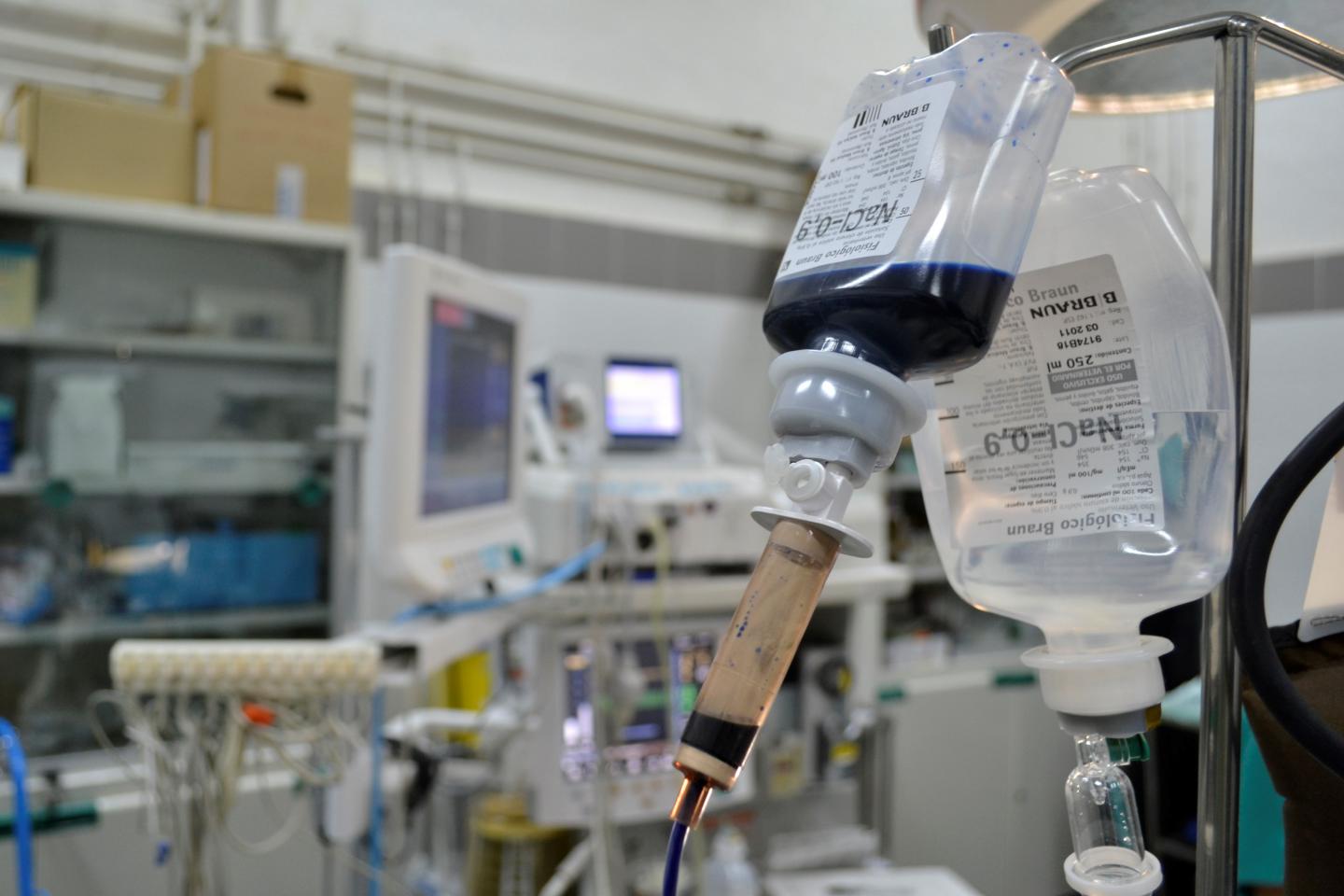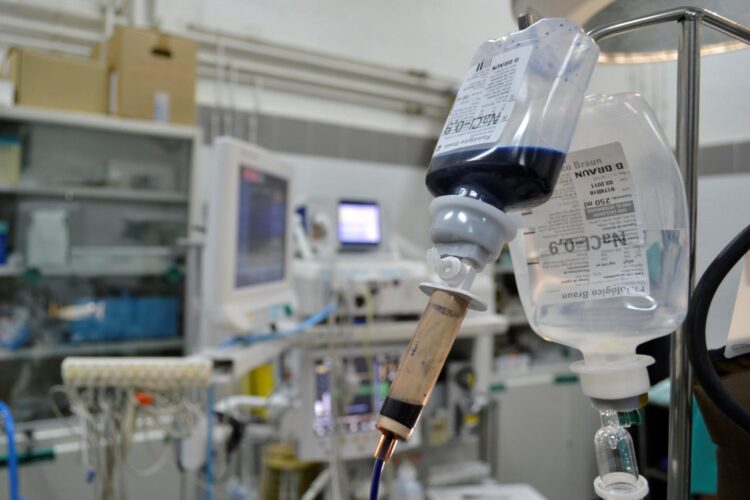
Credit: University of Córdoba
Ischemia is a disease that occurs when tissue stops receiving the vascular supply it needs. Though it can affect several organs, the digestive system is one of the most harmed by the loss of blood circulation, making it one of the most common veterinarian emergencies, especially among certain animals such as dogs and horses.
A new study published by the University of Cordoba tested the effectiveness of a drug that reduces side effects from the treatment of this intestinal disease on rabbit models. Its name is methylene blue, an organic coloring and a drug known in the medical field for its usefulness in different therapeutic procedures.
Although the disease can occur for several reasons, “part of the treatment consists of repositioning the affected organ and restoring the blood supply, which is known as reperfusion”, explains the lead author of the study and UCO Department of Animal Medicine and Surgery researcher Juan Morgaz. The problem is that this procedure also has negative consequences. During the time that the cells do not receive nutrients from the blood, they try to get this energy intake by means of other mechanisms. This produces toxic substances that are emitted via the blood stream once the intestine has recovered. As a consequence, cardiac problems and other reactions arise that can cause the animal’s death.
More specifically, in addition to helping restore blood flow, the drug decreases the effects of this chain reaction and has a protective effect on the rest of the organism.
According to the study’s results, after administering the drug, tissue damage, inflammation and degree of necrosis are lower, and heart rate and blood pressure are significantly improved.
Dosage is key
After having analyzed the influence of dosage, the research team concluded that the best strategy for administering the drug is in small doses continually. “This is a medicine with a fast metabolism and the intestine usually takes time to recover after an ischemia, so, a larger dosis does not guarantee a greater protective effect, but rather the exact opposite”, explains the lead author.
The next stage is to assess the effect of the drug on animal models who tend to have this disease more frequently. For instance, certain dog breeds are more susceptible to having rotations in the stomach that stop their blood flow, a disease known as ‘gastric dilatation volvulus’ that could result in death. The aim, as the researcher points out “is to study this medicine and adjust the dosage in these animals in order to prevent complications and increase the survival rate.”
###
Media Contact
Elena Lázaro Real
[email protected]
Related Journal Article
http://dx.





